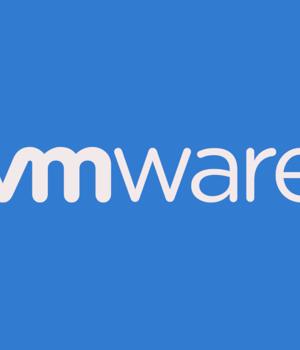Security News > 2022 > May > US Government says: Patch VMware right now, or get off our network

Virtualisation in general, and VMWare's product set in particular, is widely used to turn individual physical computers into several "Virtual computers" that share the same physical hardware.
These virtual computers, known in the jargon as VMs, realistically pretend to be independent computers in their own right, each one booting and running an operating system of its own, as a physical computer would.
Each VM, known in the jargon as a guest, has its own virtual hard disks, stored as a regular files on the physical server, known as the host.
You can even clone an existing VM, and migrate the files that store its content to another physical server, in order to adapt quickly to rising demand for service or to recover from regional outages.
Firstly, the virtualisation software needs to stop guest VMs on the same physical computer from interfering with each other, given that they all share and compete for the same physical RAM and peripherals.
Ironically these VMware security holes could be combined to give an intruder a leg-up to both physical and virtual root-level powers at the same time.